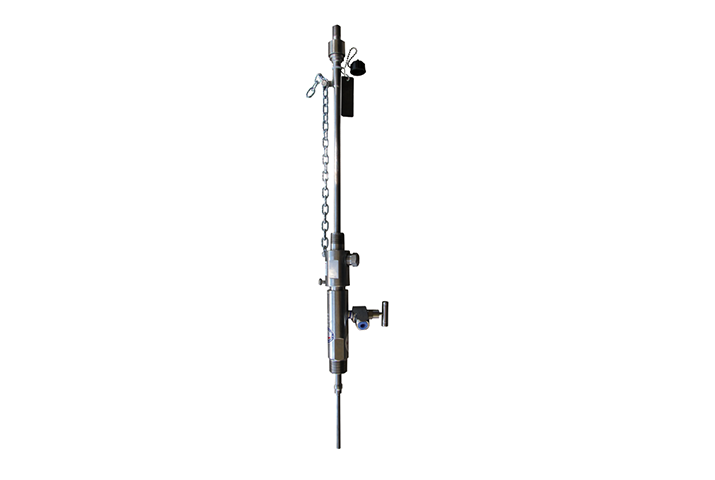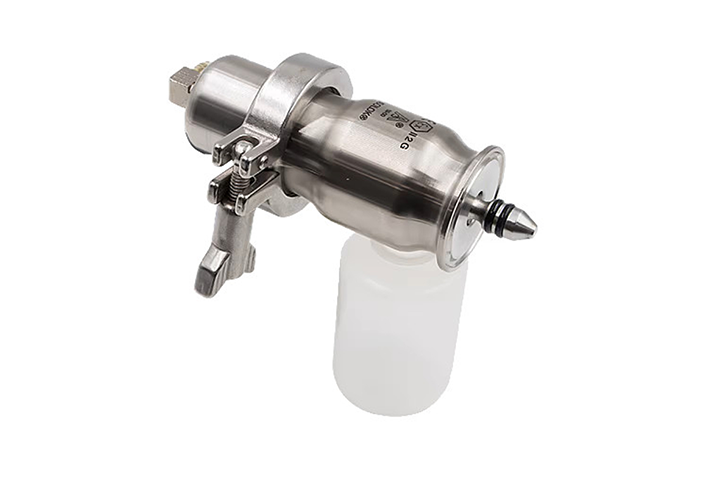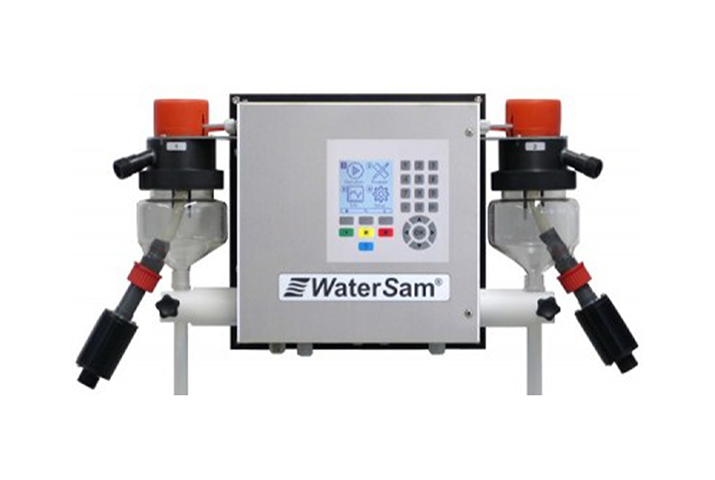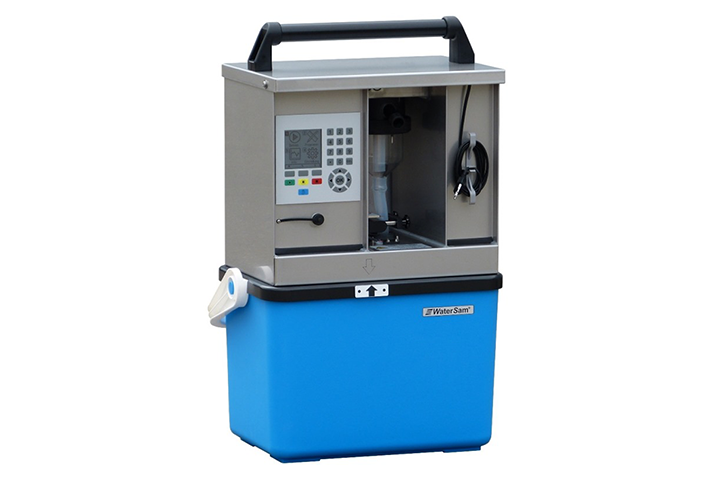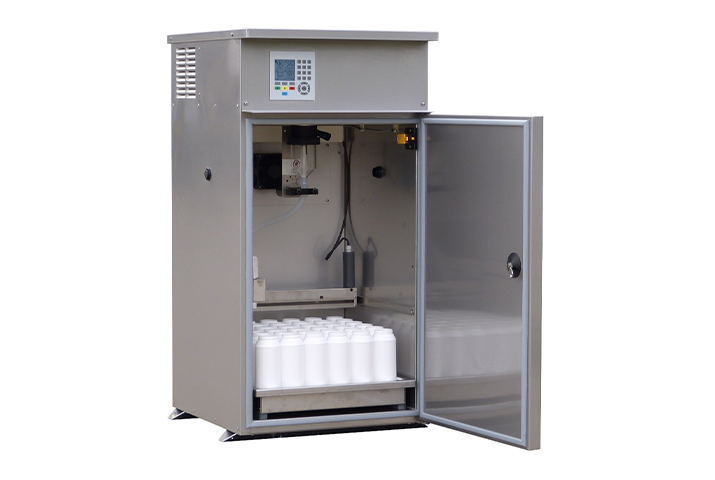Sentry Saf-T-Vise probes can be inserted and retracted within a pressurized system for applications that need continuous or one-time corrosion monitoring.
An electrical resistance (ER) probe measures two types of corrosion, electrochemical and mechanical. It works in environments that have poor or non-continuous electrolytes, such as vapors, gases, soils, wet hydrocarbons and nonaqueous liquids. These conditions enable the material to corrode.
A linear polarization resistance (LPR) probe measures the electrochemical type of corrosion and is most effective in water-based solutions. This type of probe provides a near-instant measurement of the corrosion rate.
Knowing the corrosion rate at a given moment allows an operator to monitor the effectiveness of a chemical program, propose changes, and make adjustments quickly based on the probe readings.
Advantage:
- To avoid corrosion and equipment damage and enable accurate monitoring, Saf-T-Vise comes with a materials certification and test summary to confirm the product’s materials. These documents improve material traceability to meet the requirements.
- Saf-T-Vise corrosion monitoring probes protect operator safety by offering mechanical insertion capability in-high pressure process streams. They can be installed in any orientation at various extension lengths up to 20 feet to reach locations that are difficult to access.
- The components are tested at safety pressure 1.5x the operating pressure. This validation feature assures compliance with PHMSA regulations and NACE standards, assuring safety while avoiding substantial financial penalties.
- Finally, Sentry’s 30 years of experience comes with the Saf-T-Vise brand. This expertise ensures the product you select will work for your needs, and our experts also advise your team on a suitable installation location.


